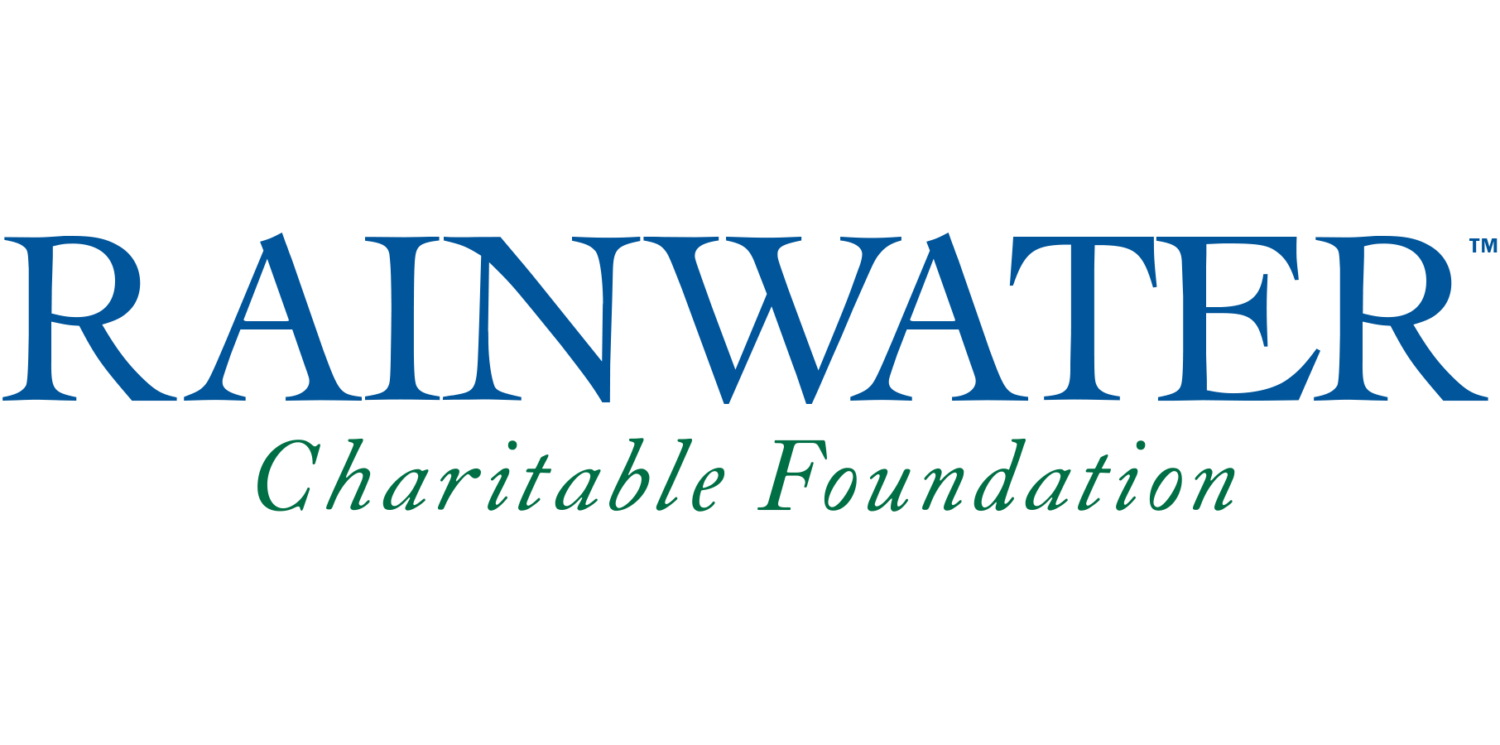In February 2025, the Fort Worth Independent School District (FWISD) board of trustees approved the renewal and expansion of the Leadership Academy Network, an innovative partnership between FWISD and Texas Wesleyan University (TXWES) that began in 2019. With this vote, the Leadership Academy Network (LAN) will expand to encompass a sixth school – The Leadership Academy at Leonard Middle School – and will extend the partnership timeline out to 2030.
LAN was established to bolster and sustain turnaround efforts that began in 2017 with five FWISD schools that had been chronically failing based on the state’s accountability system. Operating under the provisions of Texas Senate Bill 1882, the LAN partnership conveys key autonomies to the managing partner (TXWES) and additional financial resources for the express purpose of dramatically improving student outcomes. The LAN is managed by a five-person team at TXWES that exercises autonomy related to curriculum, instruction, enrichment, staffing, and budget; supervises campus staff (who are FWISD employees), and remains accountable to FWISD for achieving contractual performance targets.
The LAN is a first-of-its-kind partnership between a school district and an institution of higher education and has “demonstrated success,” per the staff recommendation encouraging FWISD trustees to renew and expand the contract. A recent case study documents strategies and data trends from the past eight years that shed some light on successes to-date and lessons we can learn from LAN.
- Educators are the engine of success. LAN benefitted from the opportunity to reconstitute staff at each campus and increase compensation using stipends and performance-based pay as an early adopter of the Teacher Incentive Allotment. However, LAN has established systems that support teachers at all levels and in a variety of formats. Through its partnership with the TXWES School of Education, LAN launched a teacher residency program to expand its own educator pipeline. With creative scheduling and partnerships, LAN gives teachers the gift of time – 840 minutes of planning time every two weeks compared to 450 minutes at peer FWISD schools. The centralized management team participates in instructional quality monitoring daily on LAN campuses, helping to ensure clarity, consistency, and trust in the instructional model.

- Real-time data helps navigate amid uncertainty.
From its inception, the Leadership Academy model was built on a foundation of frequent, formative assessments. Every day, teachers issue a short “exit ticket” whereby students can demonstrate whether they mastered the learning objectives from the day’s lessons. Based on these “demonstrations of learning,” LAN teachers adjust course in real time. FWISD recently announced they would replicate this best practice district-wide. While this data-driven foundation is strong, progress has not been as predictable or linear as we would hope, in part because of external shocks like the COVID-19 pandemic and changes to the statewide accountability system. Network-wide, LAN has shown remarkable progress, increasing its percentage of 3rd graders reading on-level by 23 points from 2017 to 2024, a period when performance on a district- and state-level was essentially flat.
- Time is a critical ingredient. The LAN model was inspired by a program in Dallas ISD known as Accelerating Campus Excellence (ACE) which was deployed to successive cohorts of struggling schools. The underlying theory is to supply a sweeping array of resources – including a highly talented corps of teachers and campus leaders – for a short period of time to catalyze a turnaround and then shift those resources to the next cohort of schools after a few years. While FWISD replicated the initial infusion of resources, the conversion to the LAN partnership aimed to sustain most of the extra supports, recognizing that a few years was not enough to effect the necessary change. Furthermore, LAN leadership has worked hard to make the network a place that teachers want to stay, retaining 83% of teachers from the 2023-2024 school year to 2024-2025 while the state average for peer schools is 10 points lower. To this day, LAN continues to provide services that require funding above and beyond what peer FWISD schools provide – an extended school day, adjusted compensation for educators, school-wide enrichment programming, and more. Many of these services are funded by the supplemental reimbursement associated with being a partnership under SB 1882, in addition to private philanthropy which has provided funding for LAN programming and its expansion plans with Leonard Middle School.
The Rainwater Charitable Foundation is proud to be a philanthropic partner of LAN, investing more than $15 million over the past eight years toward its mission to accelerate student achievement. We are eager to continue learning from their strategies with the hope of demonstrating the type of practices and level of collective investment needed to dramatically improve student outcomes.

